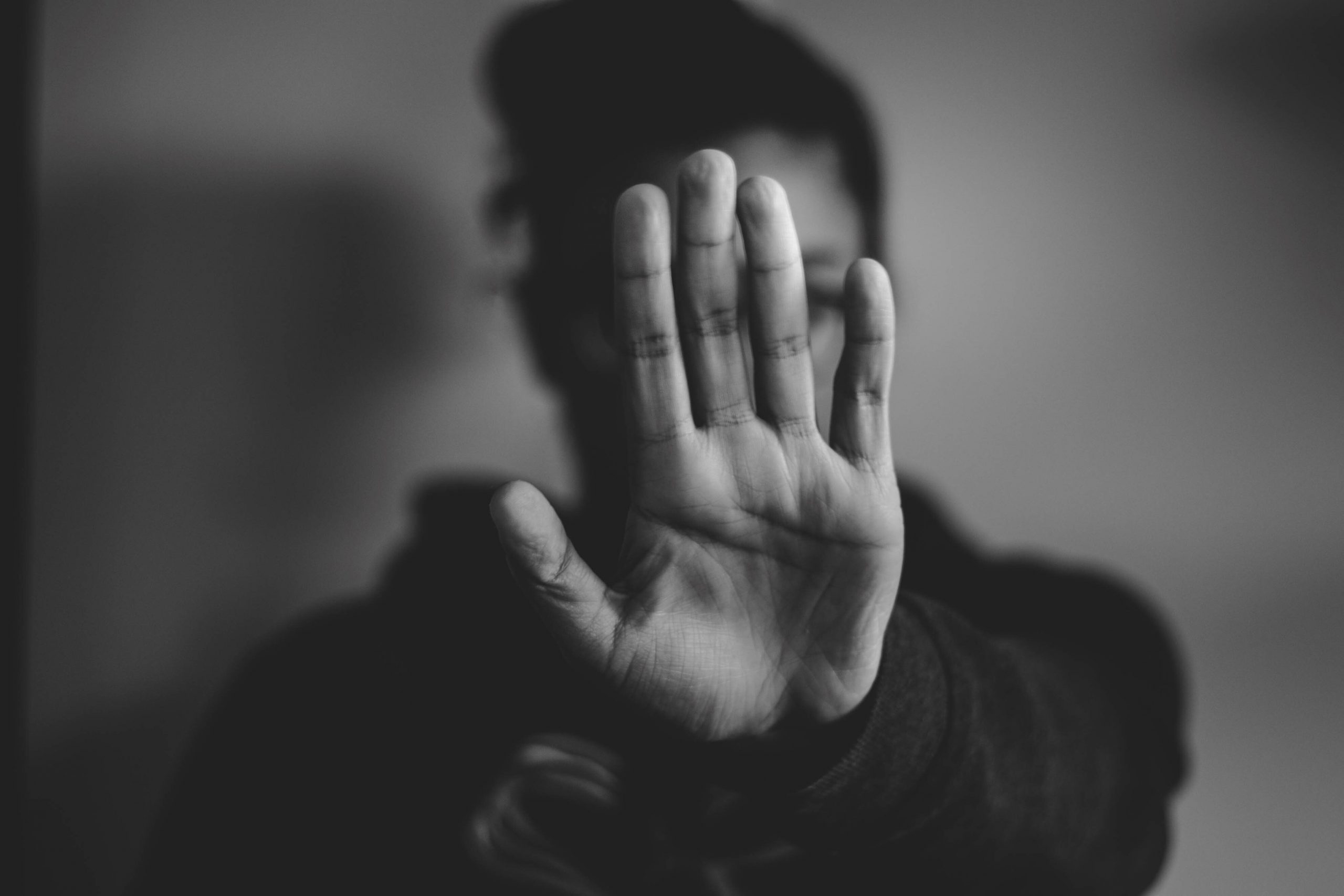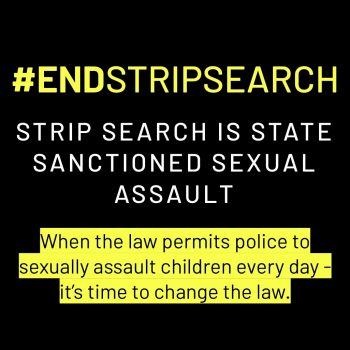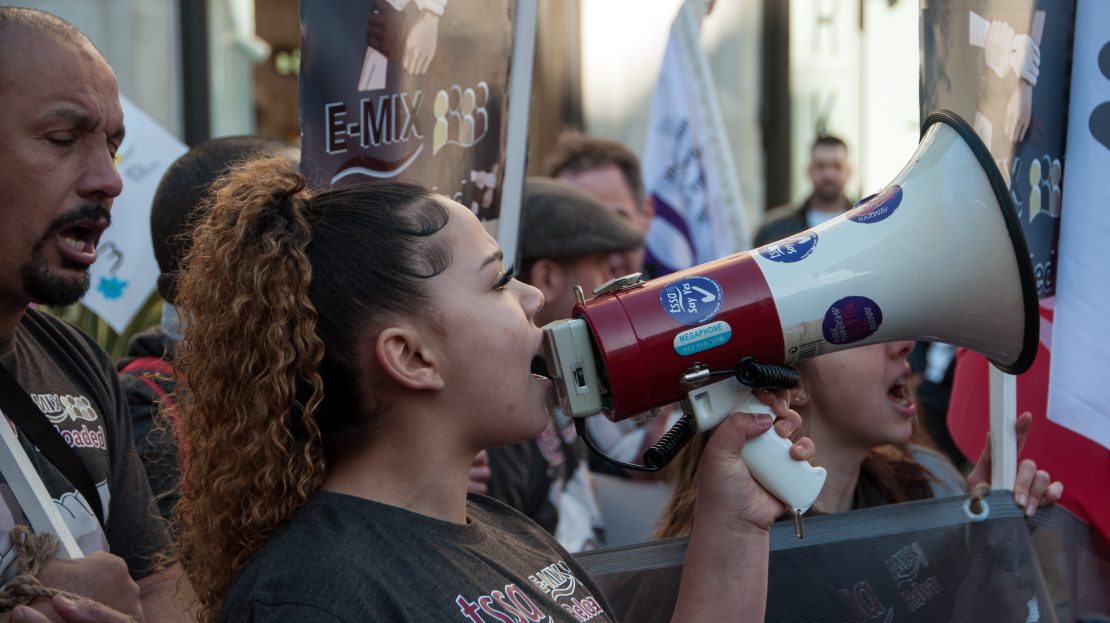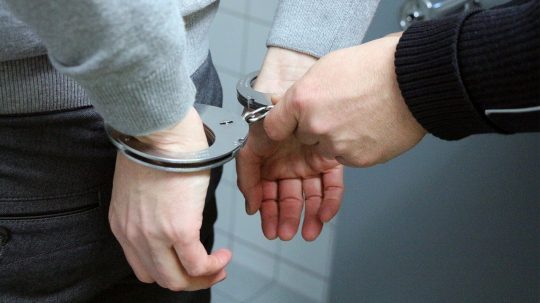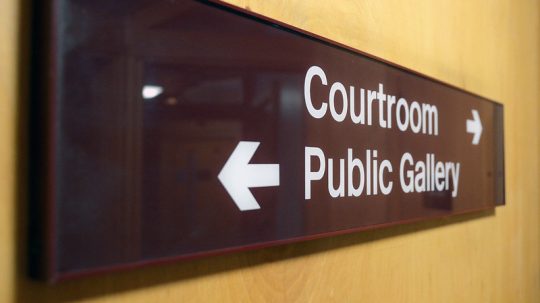TRIGGER WARNING: This article contains accounts of police strip-searches against children and young people that some may find triggering.
The Metropolitan Police (Met) subjected 650 children to ‘traumatising’ strip-searches across two years and on average have strip-searched five children a day over the last five years in London. 95% of the children were boys, with over half described by officers as Black. New information proves that Child Q, a 15-year-old Black schoolgirl who was subjected to a strip-search was not alone. As there is growing concern about the police violating children’s rights, here is everything you need to know about strip-searches.
What is a strip search?
A strip-search can only be conducted if an officer has a specific reason to search a person beyond that of their outer clothing. The search must take place in a private area, but does not necessarily have to be the police station. Policing guidelines state that two officers of the same sex must be present. In cases where a child is involved, there must also be an appropriate chaperone in the room.
Strip searches, like the one that Child Q was subjected to, can violate a person’s human rights. Including: the right to freedom from degrading treatment (article 3), the right to liberty and security (article 5), the right to respect for her private life (article 8), the right to education (article 2), and the right to protection from discrimination (article 14). Strip searches may also breach rights under the UN Convention on the Rights of the Child and under the Equality Act.
At the time Chanel Dolcy, a solicitor specialising in police misconduct and claims against public authorities at Bhatt Murphy, said:
“Child Q has launched civil proceedings against the Metropolitan Police and the relevant school. She seeks to hold both institutions to account, including through cast-iron commitments to ensure this never happens again to any other child.”
However, we now know that Child Q was not alone. According to figures released by Scotland Yard, between 2018-2020, the Met police strip-searched 650 children, in London.
Rising numbers in London
According to #ENDSTRIPSEARCH, in the past five years, the Metropolitan Police alone have strip searched an average of five children every day. 35 of those searches happened to children under the age of 12. However, the number may be higher as these cases only cover strip-searches conducted whilst in custody, in London.
Jodie Beck, Policy and Campaigns Officer at Liberty, said:
“Sadly, it’s clear that the case of Child Q is not an isolated incident, and that far too many children have had their rights violated by police during strip-searches. The only way to prevent these abuses of power is to roll back the powers of the police, and end the use of strip search.”
"I felt embarrassed! all of these officers around me looking at me naked"
650 children were stripped searched by the Met Police. The Children's Commissioner & campaigners told me the data doesn't show the full story, & there are have more questions to answer @ITVLondon RT #ChildQ pic.twitter.com/2aFYmx1rkT— Antoine Allen (@AntoineSpeaker) August 10, 2022
“The horrifying use of strip-searches on children reflects a much deeper problem with the Metropolitan Police’s perception of young people out on London’s streets, as a threat. It’s little wonder teenagers often have a deep-rooted mistrust and a sense of powerlessness about their treatment by Met officers.”
Blowe raised concerns that in a quarter of reported cases, a child was not accompanied by an appropriate adult.
Blowe stated: “A strip search is supposed to only happen under strict conditions, but the number of searches is rising in London. Where it seems like it is becoming routine practice. Police station custody officers are also to make sure that anyone who appears to be under 18 has an appropriate adult present if a strip search is carried out. But in almost a quarter of cases reported by the Children’s Commissioner, this did not happen.”
Your rights
It is vital to educate children about how they can invoke their rights should they face a strip-search. There are some key points Blowe recommends you know.
Blowe stated: “To conduct a strip-search lawfully, the police need to be able to provide concrete reasons that it is necessary and reasonable. If you are faced with one, make sure you are told why you are being searched, what for, and why it is considered necessary.”
It is also important to know that if you are under the age of 18 you must have a parent/guardian, social worker or a trusted adult present.
Blowe explains: “If there is no appropriate adult. Including a parent, guardian, police station visitor or social worker present, then insist on one. If you believe you have been strip-searched unlawfully, you may have grounds for a police complaint or a civil claim against the police.”
If the issues in this article have affected you, please see below for support and guidance.

